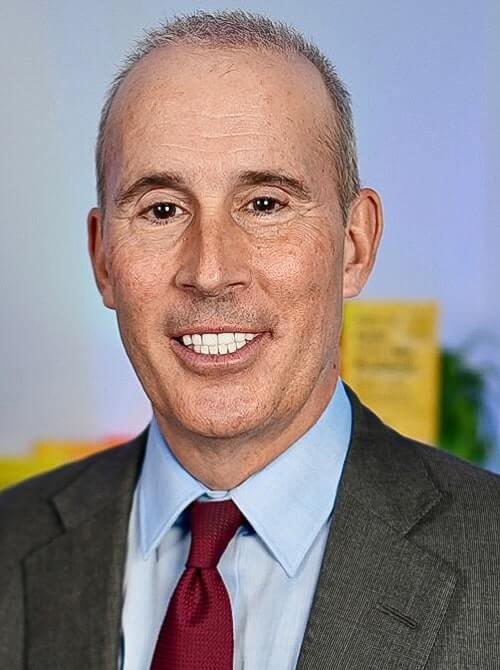How to Conduct a Job Interview
How to Conduct a Job Interview
Conducting effective interviews during the hiring process will allow you to clearly compare candidates, avoid hiring mistakes, and create a better introduction to your business for potential employees.
Through this series of interactive, bite-sized lessons, you'll develop the essential skills to conduct interviews with confidence every single time.
In this course, you'll learn:
- Create clear, specific goals prior to each interview.
- Greet your candidates while creating a comfortable atmosphere.
- Identify the most important questions to ask. (Plus, which ones to avoid!)
- Find the best cultural fit for your team.
- Keep the interview timely and focused.
- Seamlessly conduct an interview online.
- And much more!
This comprehensive course is designed to help you prepare for an effective interview process that leads you to the best person for the job, whether you’re meeting online or in person.
Begin our How to Conduct a Job Interview course and boost your leadership skills today!
Syllabus
Download syllabusCertificate
Certificate of Completion
Awarded upon successful completion of the course.

Instructor
TJ Walker
TJ Walker has been conducting media training workshops and seminars since 1984. Walker has trained Presidents of countries, Prime Ministers, Nobel Peace Prize winners, Super Bowl winners, U.S. Senators, Miss Universes and Members of Parliament.
His book, "Secret to Foolproof Presentations" was a USA Today #1 Bestseller, as well as a Wall Street Journal and Business Week Bestseller. Walker is a also a regular contributor to Forbes and the Reuters Insider Network and has written for the Huffington Post.

TJ Walker
Public Speaking Trainer and Author
Accreditations
Link to awardsHow GoSkills helped Chris
I got the promotion largely because of the skills I could develop, thanks to the GoSkills courses I took. I set aside at least 30 minutes daily to invest in myself and my professional growth. Seeing how much this has helped me become a more efficient employee is a big motivation.


